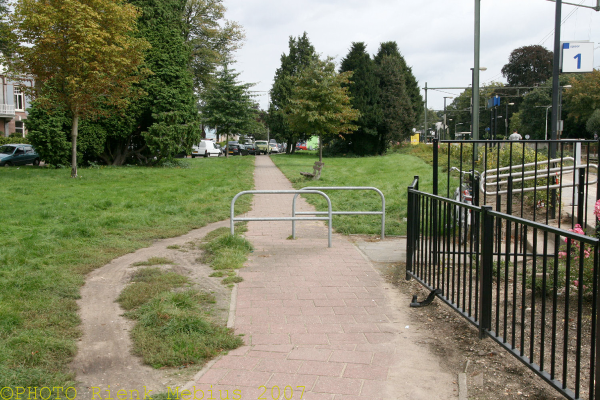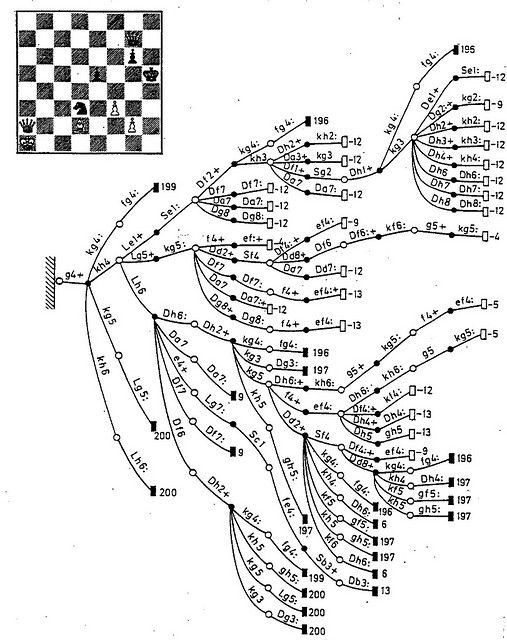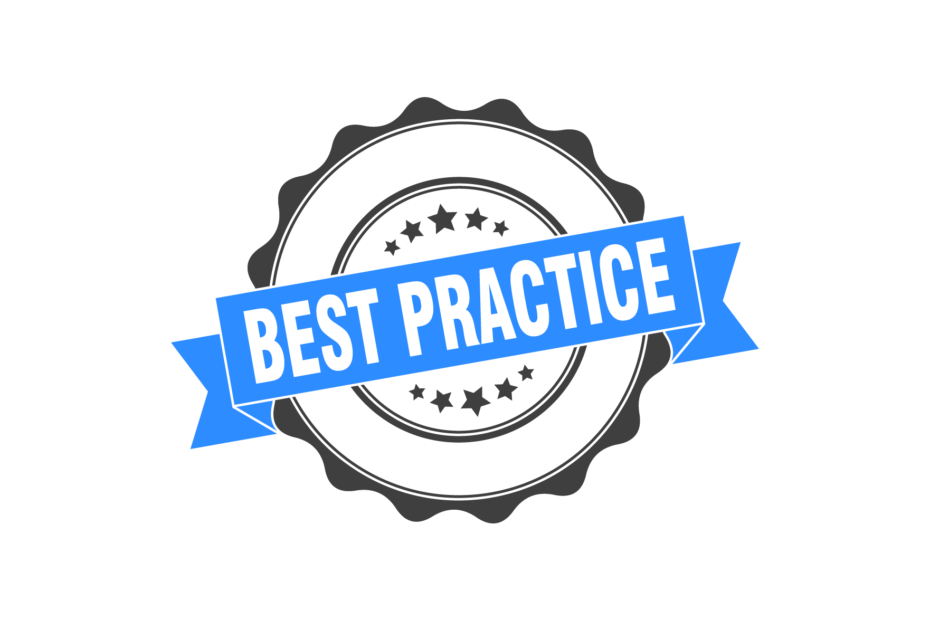A debate at work recently led us to the inescapable conclusion that “best practice” isn’t a real thing. When someone claims “best practice” the implication is that the guidelines or process detailed is definitive. That it can be demonstrated to be the ideal or optimal way of doing something. But is this ever really the case?
Best is not universal
If “best practice” were really a thing, wouldn’t we have solved the problems by now? Wouldn’t we have all moved to identical solutions and ways of working. Industries would become completely aligned in their processes as they all tackle the same problems. The playing field would be even and it would come down purely to quality of product or customer service.
If that were the case, we’d be able to adopt each other’s practices and find they work out of the box. A company deciding to move to the “Spotify model” (or whatever fad is now trendy), could gracefully transform in a seamless process.
Best is subjective
Best is always going to be open to interpretation. Quality is frequently considered to be a product of the following factors:
- Scope
- Time
- Cost
Therefore best will always be a balancing act. But how can you accurately and consistently measure it? Is there a universal formula or algorithm that can be applied? Even if there was, would everyone agree with it?

Best is transient
Even if we could agree on what is best right now. That can only ever be fleeting.
Things change…
Tastes evolve…
New technologies emerge…
Better data becomes available…
Disruptors … disrupt things…
Best is a product of complex systems
In a complex system, every change made can lead to unexpected outcomes. People are individuals and therefore unpredictable variables. Creating a perfectly balanced system built on this inherent unpredictability and expecting predictable and consistent results is a recipe for disappointment.
Building processes rigid enough to factor in all this “unpredictability” (inverted commas as it’s not really unpredictable if you can factor it in) is likely to produce high friction and complex tedious steps. The net result being to slow the outputs, reduce productivity, and for everyone to simply ignore it and do it their own way.

Best means navigating unknown paths
We often encounter “paralysis by analysis” when faced with the challenge of fixing a system. The decision tree extends before us offering infinite routes and possibilities. Yet we are expected to select and define just one.
But how can we know we have picked the right route when we haven’t explored the other options?
Best can always be made better
By setting off with the approach of navigating step-by-step to find the right path are we not more likely to be confident we’ve made the most informed choice?

“It isn’t enough to pick a path—you must go down it. By doing so, you see things you couldn’t possibly see when you started out; you may not like what you see, some of it may be confusing, but at least you will have, as we like to say, “explored the neighborhood.”
Ed Catmull, Creativity, Inc.
Best should be an iterative process. One that adapts with the environment and evolves as our knowledge of the system grows.
Best can always be disrupted
Occasionally a fresh perspective can throw “best practice” into chaos. Years of hard learned experience can suddenly be threatened by a fresh perspective from an outsider.
“Problems cannot be solved with the same mind set that created them.”
Albert Einstein
Just because it’s always been done this way, doesn’t mean that a “naive” observation might not lead to a totally new approach.
Best is doing what makes most sense to you
When you are next asked the question, “Why are you doing it like that?” you should respond with, “I’m doing what makes most sense to me.”
You can then also follow up by asking, “Why do you ask? What am I not considering?”
Best is an ongoing conversation and a journey. It should never considered a destination. So keep talking and sharing and… we might never get there.


